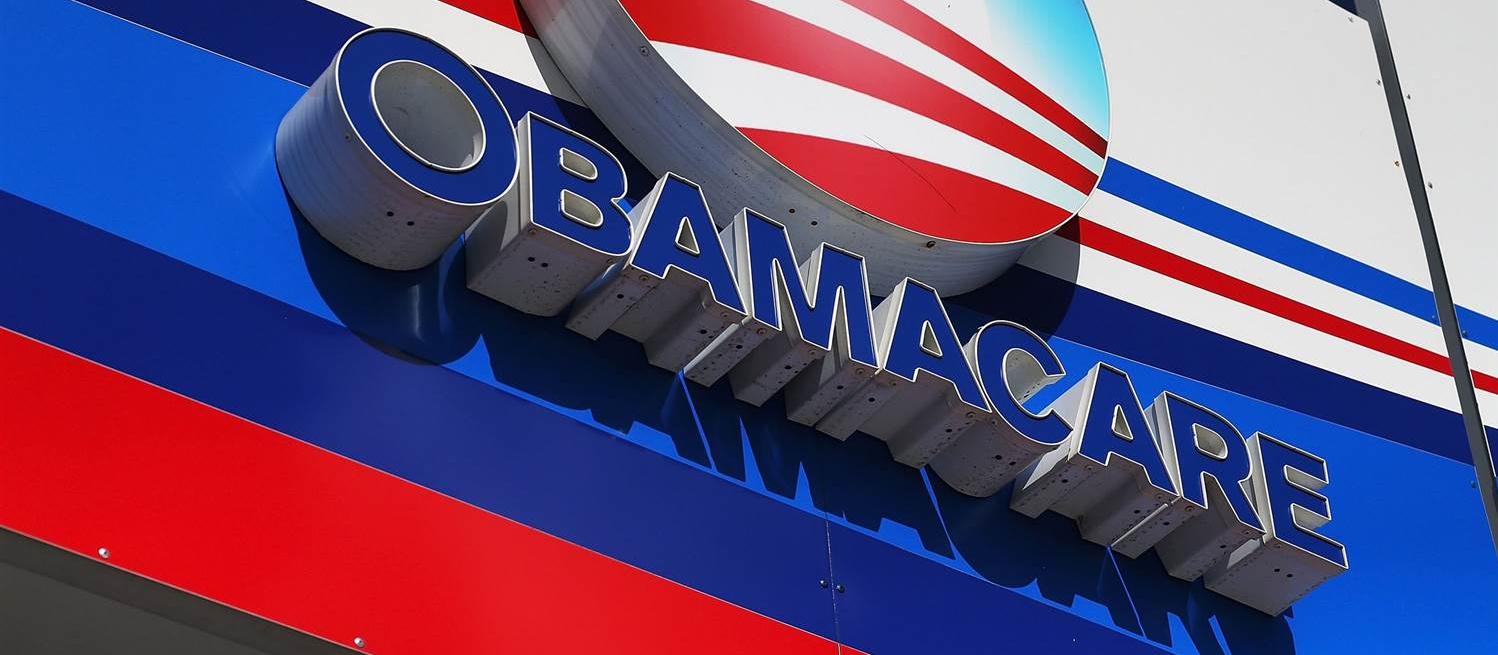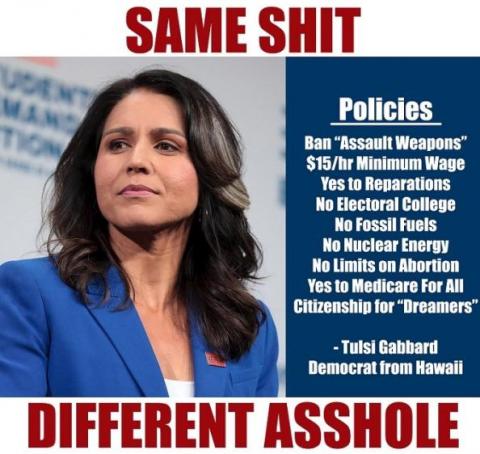Now that the election is behind us and the Wicked Witch of Westchester County has been vanquished once and for all, the conversation is turning quickly to the subject of what Donald Trump is likely to do when he takes office in January. Beyond a complete reset of overall policies and attitudes -- a general reversal of those of the past eight years -- specific issues are coming to the fore. Issues in fields such as foreign policy, environmentalism, the Supreme Court, and others are receiving more attention. But no issue looms larger in the public's mind than the abomination called Obamacare.
There is little doubt that President-elect Trump intends to address the nation's health care insurance mess quickly and decisively when he enters the Oval Office. He campaigned heavily on the issue. Though in recent days he has stated that there are parts of Obamacare he can "live with," he continues to vow to make sweeping changes as soon as he and the new Congress can agree on what to do.
It is generally recognized that Obamacare was a factor in the Democrats' loss of control of the House in 2010. Obamacare almost single-handedly ejected nine Democrat senators from their seats in 2014, handing control of the Senate to Republicans. In both off-year elections, candidates who defended the law were steamrolled and replaced by an angry electorate. Obamacare very likely also influenced the 2016 elections, with double-digit rate increases being announced for millions of Americans just weeks before the voting took place.
Faced with the undeniable tide of public rejection of the "Affordable" Care Act (the name itself is a masterpiece of deceit), mainstream media pundits have long been promoting "repeal and replace" as the only acceptable response from Republicans. For a number of reasons, conservatives should reject this left-wing media narrative and insist on a clean, decisive exit by the government from the broader health care insurance market.
There will likely always be small, niche health care markets that cry out for government intervention -- the care of veterans and the indigent come to mind, though such programs have vast room for improvement. But the broader health insurance market has no place for government participation at all. Indeed, government interference in the overall health insurance market -- something that has been going on in one form or another since at least 1942 -- has always been and will always be a failure. By its very nature, government is incapable of centrally managing a consumer-goods marketplace that encompasses a sixth of the nation's economy. But more to the point, conservatives should understand and accept some core principles and apply them to the conundrum of what to do about Obamacare.
Obamacare, or anything else remotely similar, is irredeemably unconstitutional.
No reasonable reading of the US Constitution empowers the national government to take over the administration of the private health insurance market. No reasonable reading of the Constitution gives the government any right to force individual citizens to purchase any consumer product. The mental and legal gymnastics of John Roberts notwithstanding, no reasonable reading of the Constitution will yield any power of the government to penalize a citizen for failing to purchase a consumer product. Even Roberts couldn't escape this simple fact, a situation which resulted in his unilateral reclassification of the individual mandate penalty -- an integral feature of Obamacare, whithout which it will collapse totally -- as a "tax," thereby rendering it somehow constitutional by means of a word substitution gimmick.
The federal government should exit the health care insurance market because any other action is in violation of the U.S. Constitution.
Obamacare is not a health care issue – it is a personal liberty issue.
It is past time for Republicans and conservatives to present the issue of Obamacare as what it actually is – a personal liberty issue. Despite the Democrat hype and the presidential promises, the past few years have shown even true believers that Obamacare cannot deliver on any of its supporters' claims, and in fact is delivering the diametric opposite of what was promised. Jonathan Gruber's unfortunate taped comments have exposed the entire scheme, primarily for what it isn't – it isn't about health care at all, but about wealth redistribution and government control. It is a dictionary-definition example of the sort of ideas that emerge from the fevered swamps of liberal/progressive thinking.
Conservatives stand for personal liberty, if we stand for nothing else. Obamacare, and federal government meddling in the market in general, is a clear though devious attempt to seize liberty from individual Americans in exchange for instilling more power in the federal leviathan. For that reason, it should be rejected on principle by conservatives.
Government-controlled health care insurance is not what conservatives do.
Conservatives traditionally base policy and ideology on a literalist or originalist interpretation (that is little or no interpretation) of the Constitution as well as a deep-seated belief in human liberty and an abiding faith that free people can best manage their own affairs without government meddling. Obamacare – or anything even remotely resembling it – is an utter refutation of those principles. Conservatives cannot propose any sort of “replacement” legislation without first abandoning those core beliefs.
Government-managed health care has been the Holy Grail of the left since the days of Woodrow Wilson. It is the embodiment of so-called liberal/progressive thinking; it is also (and therefore) the exact opposite of conservative thinking and ideals. Only the complete withdrawal of the federal government from the health care insurance playing field can satisfy a true conservative.
Let us move beyond the media meme of "repeal and replace," and get to the serious -- and vital -- work of simple, complete, ruthless repeal.






